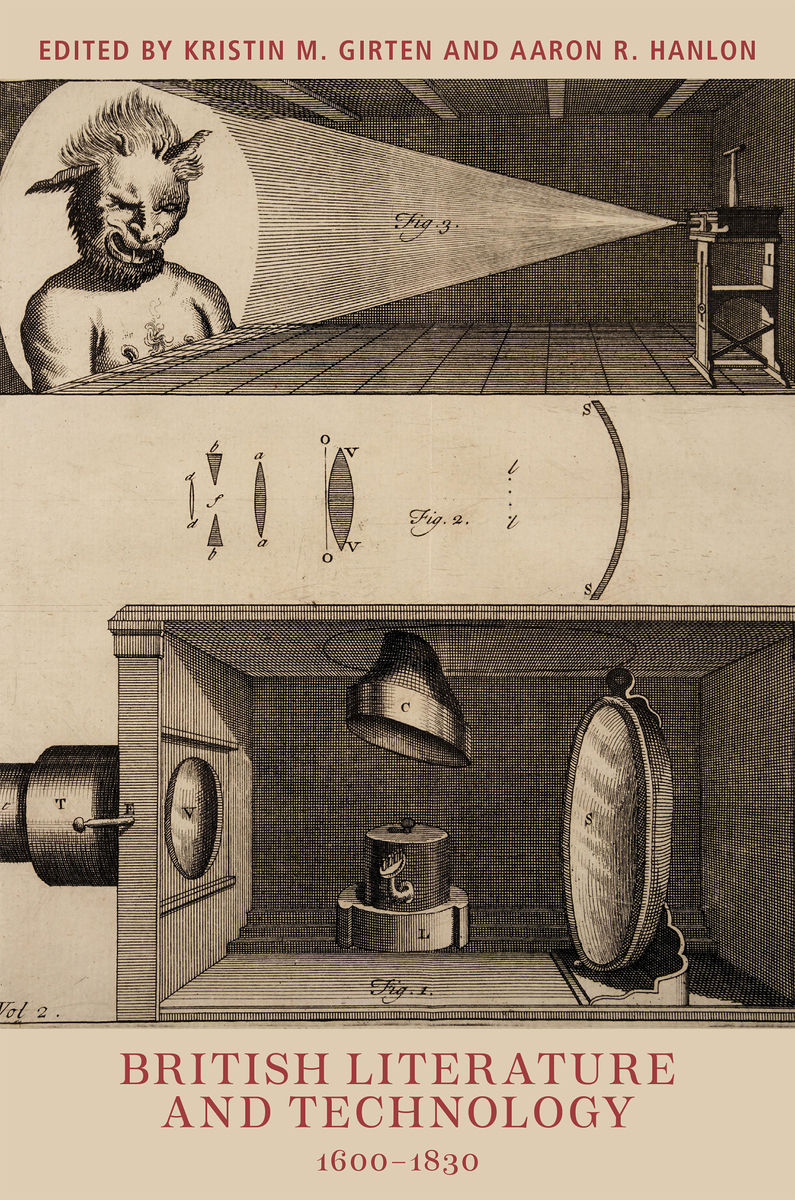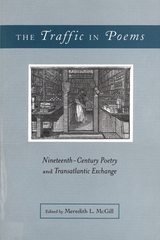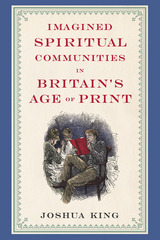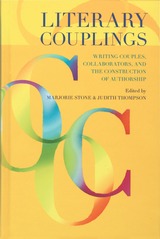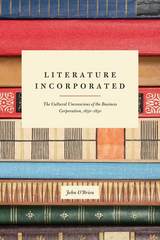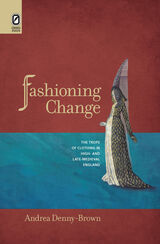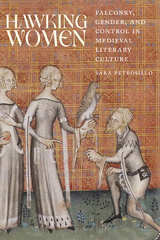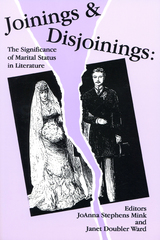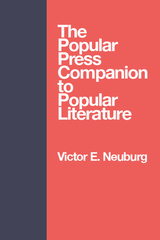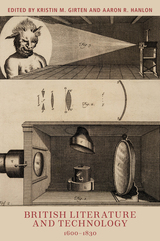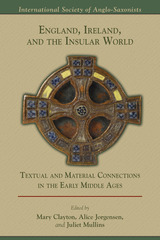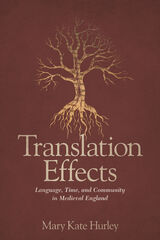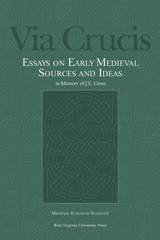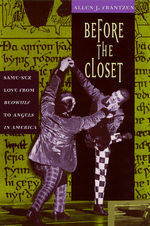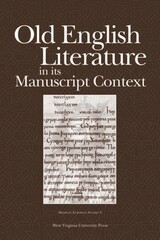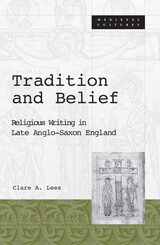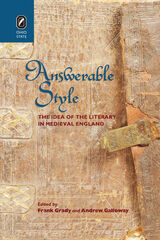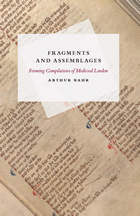Cloth: 978-1-68448-396-9 | Paper: 978-1-68448-395-2 | eISBN: 978-1-68448-397-6 (ePub) | eISBN: 978-1-68448-399-0 (PDF)
Library of Congress Classification PR149.T43B75 2023
Dewey Decimal Classification 820.9356
Enlightenment-era writers had not yet come to take technology for granted, but nonetheless were—as we are today—both attracted to and repelled by its potential. This volume registers the deep history of such ambivalence, examining technology’s influence on Enlightenment British literature, as well as the impact of literature on conceptions of, attitudes toward, and implementations of technology. Offering a counterbalance to the abundance of studies on literature and science in seventeenth- and eighteenth-century Britain, this volume’s focus encompasses approaches to literary history that help us understand technologies like the steam engine and the telegraph along with representations of technology in literature such as the “political machine.” Contributors ultimately show how literature across genres provided important sites for Enlightenment readers to recognize themselves as “chimeras”—“hybrids of machine and organism”—and to explore the modern self as “a creature of social reality as well as a creature of fiction.”
See other books on: 1600 - 1830 | British Literature | Hanlon, Aaron R. | Literature and technology | Technology Studies
See other titles from Bucknell University Press
